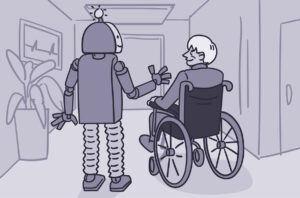Assist in measures to prevent cognitive impairment
- Counseling and education can reduce or eliminate such factors (e.g., poor nutrition, cigarette smoking, chemical abuse), which increase the risk for prematurity and intrauterine growth restriction.
- Interventions are directed toward improving maternal health by educating women regarding the dangers of chemicals, including
- Prenatal alcohol exposure, which affects organogenesis, craniofacial development, and cognitive ability.
- Adequate prenatal care
- Optimal medical care of high-risk newborns
- Rubella immunization
- Genetic counseling
- Prenatal screening, especially in terms of Down syndrome or FXS.
- The use of folic acid supplements prevents neural tube defects during pregnancy and during the childbearing years; and the use of newborn screening for treatable inborn errors of metabolism (e.g., congenital hypothyroidism, phenylketonuria, and galactosemia) are early appropriate therapies to prevent developmental disabilities in children.
- Structural manipulation and energetic therapies:
Acupressure, chiropractic medicine, massage, reflexology, rolfing, therapeutic touch, Qi Gong
Pharmacologic and biologic therapies:
Antioxidants, cell treatment, chelation therapy, metabolic therapy, oxidizing agents
Bioelectromagnetic therapies:
Diagnostic and therapeutic application of electromagnetic fields (e.g., transcranial electrostimulation, neuromagnetic stimulation, electroacupuncture)




